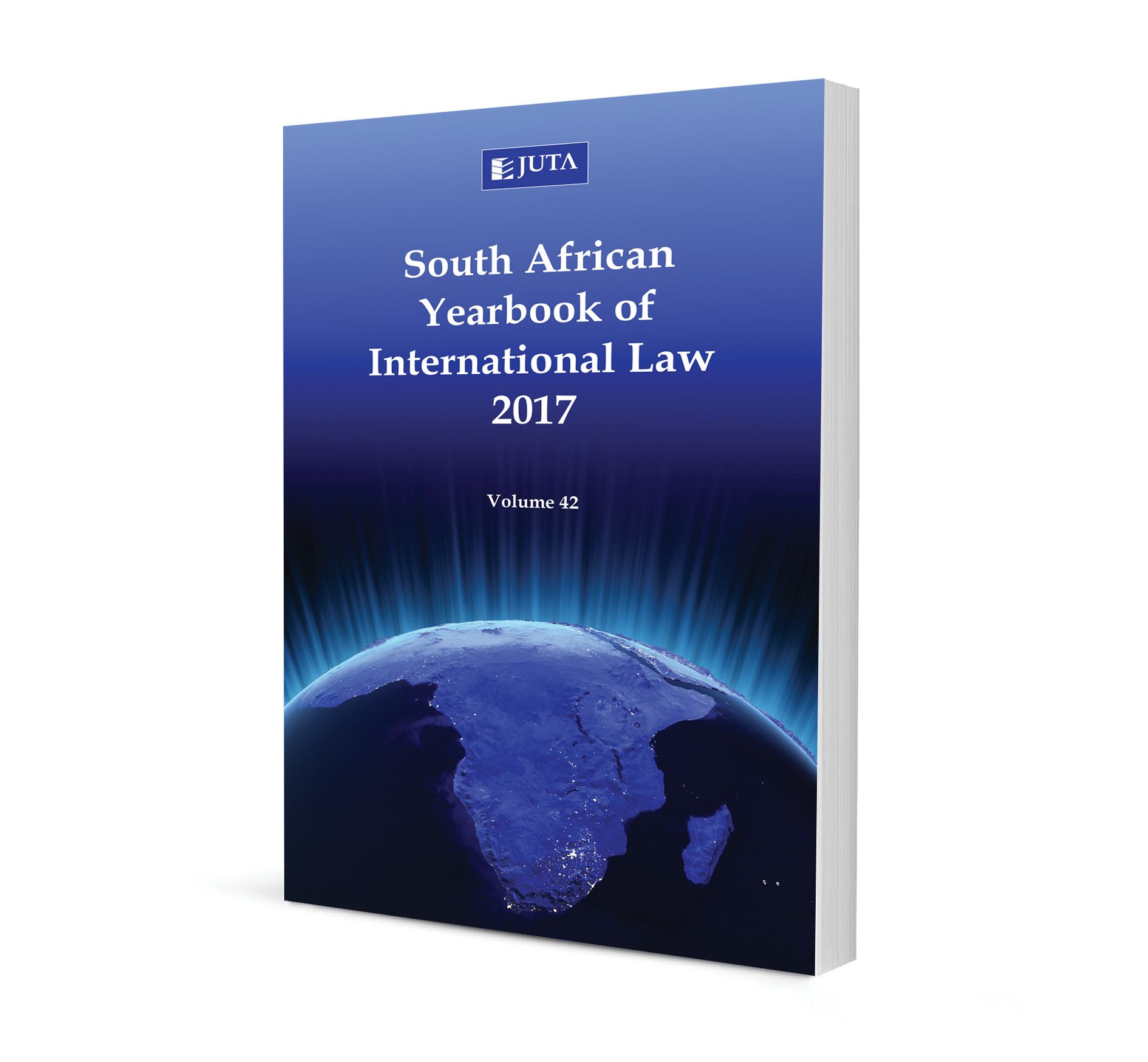
Assessing the Legality of Cameroon’s Responses to Boko Haram Attacks on Cameroonian Territory
Authors Avitus Agbor
ISSN: 2521-2583
Affiliations: Senior Lecturer, Faculty of Law, North-West University (Mafikeng Campus)
Source: South African Yearbook of International Law, 2014, p. 172 – 208
Abstract
States, as the principal actors of international law, owe duties to both other states and their peoples. Among these duties are the protection of its national territory, its peoples, and their national interests. These duties are sacrosanct and constitute the primary responsibility of any responsible government. In cases of armed attack launched against a sovereign state, international law clearly grants the state under attack the right to defend itself. The use of force in the exercise of the right of self-defence is governed by article 51 of the United Nations (UN) Charter, the substantive content of which has triggered considerable debate. I argue that the recent armed attacks launched by the Nigerian-based terrorist network, Boko Haram, on Cameroonian soil qualify as both aggression and mass atrocities. This compels the state to fulfil its primary mandate to protect its people. In consequence, Cameroon’s responses have been varied including the adoption of counter-terrorism legislation; diplomatic engagements with neighbouring states such as Chad, Benin and Niger and the resulting establishment of a Regional Multinational Joint Task Force; and a military counter-offensive against Boko Haram to contain and repel the Nigerian-based terrorist group. Given the diversity of these responses, one may ask whether they are justified in international law? This paper seeks to answer this question by assessing the legality of each of Cameroon’s responses in the light of international law and counter-terrorism measures.